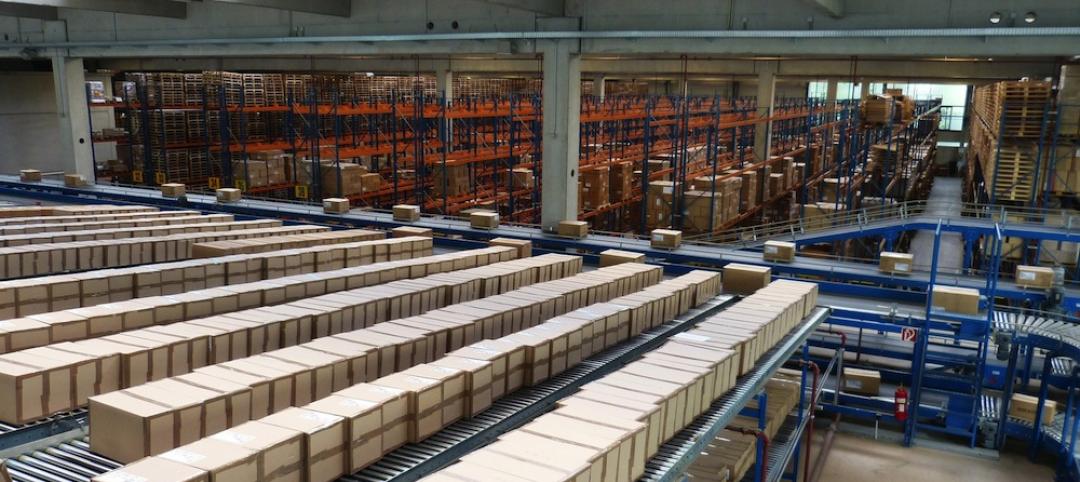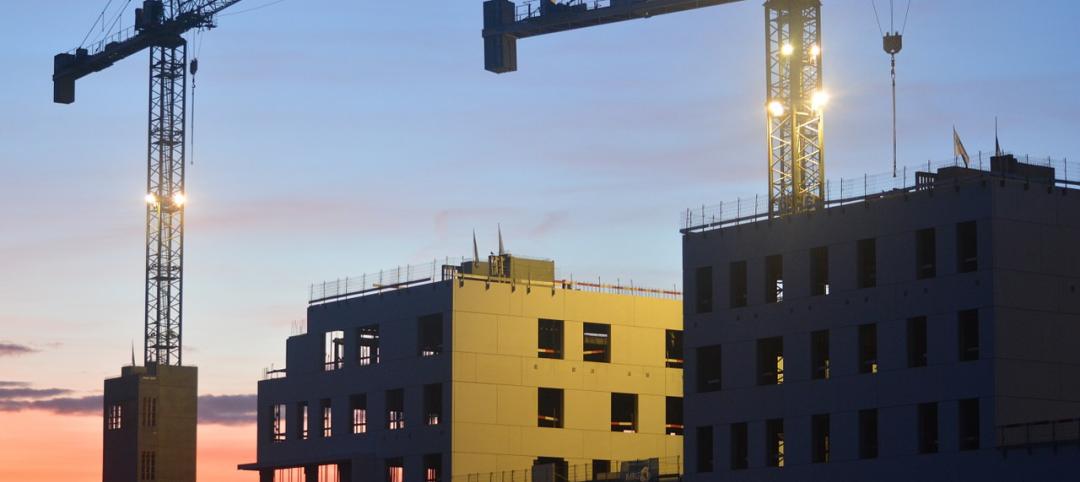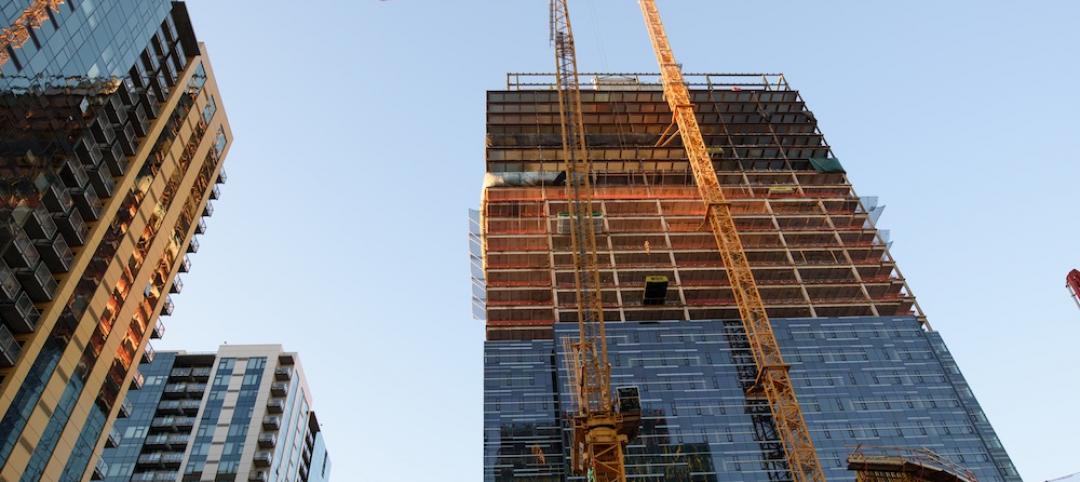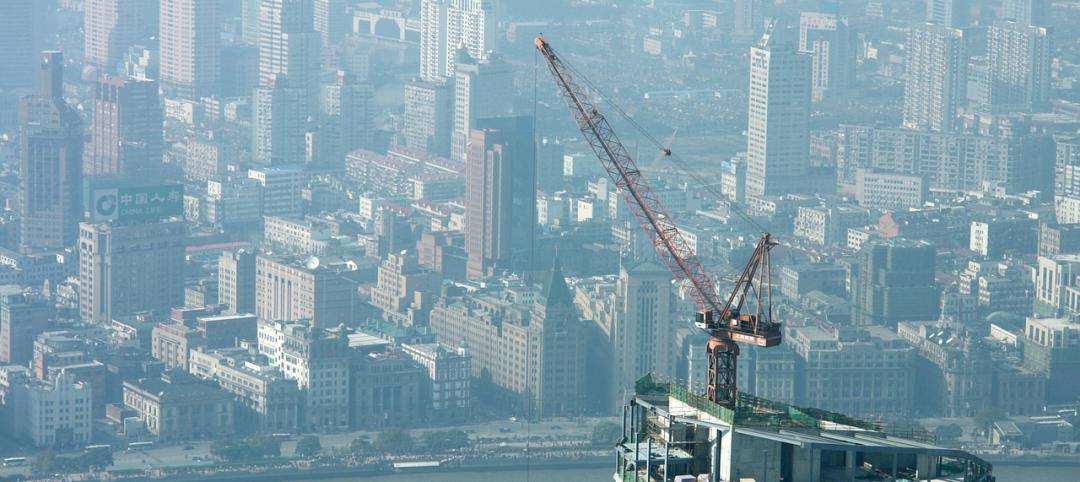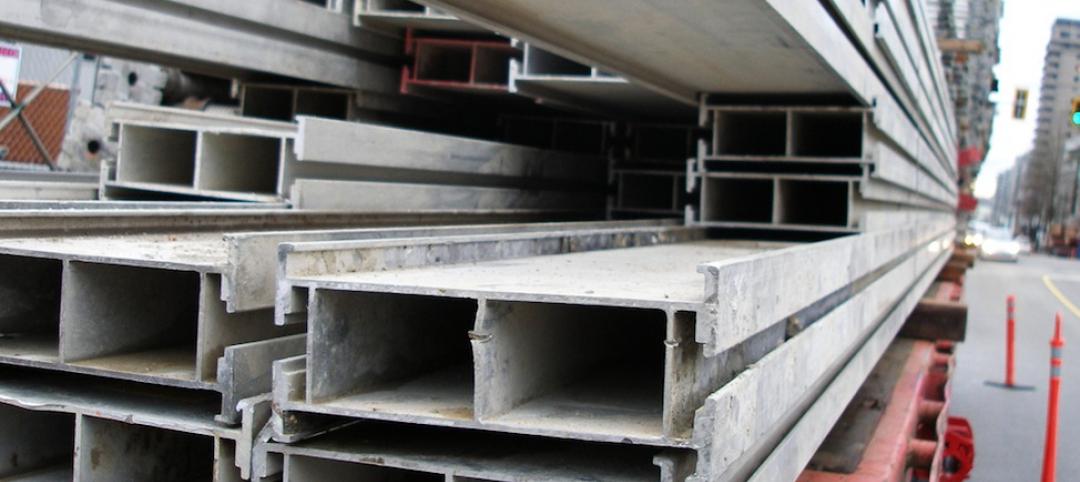1. Ryan Companies breaks ground on 122-acre Highland Bridge redevelopment in St. Paul, Minn. (BD+C)
"This $1.3 billion project—whose funding includes $320 million in public and private investments for parks, infrastructure, affordable housing, and tax-increment financing—has been a decade in the making. Bringing the master plan to life involved 45 public meetings that drew 1,300 attendees, and 80 presentations to business, civic, and nonprofit groups."
2. Never waste a crisis (BD+C)
"Count Fred Bland among the AEC executives who were blown away by how efficiently their associates performed from home during the pandemic lockdown. “It was a great surprise to me that, remotely, we’ve been able to serve our clients well,” says Bland, FAIA, AICP, Managing Partner with Beyer Blinder Belle. He attributed that success to a combination of technology and esprit de corps."
3. A Florida company is helping developers optimize their buildings’ parking amenities (BD+C)
"RPS, which built the first autonomous garage in the United States in Hoboken, N.J., in 2001 (a garage that’s still operational to this day), has been focusing its attention in recent years on the Middle East. The company is preparing to release an online, AIA-approved education program that provides details for planning, installation, and operation of autonomous parking facilities.
4. Will luxury condos sell in a pandemic? SF High-rise is the market’s first big test (San Francisco Chronicle via National Real Estate Investor)
“Despite the difficulties of selling luxury condos in a downtown neighborhood mostly bereft of workers and festooned with boarded-up stores and restaurants, San Francisco’s condo market is performing far better than its rental housing market, as families put a premium on quality living spaces during shelter-in-place.”
5. The hottest job in commercial real estate? Infectious disease expert (Fast Company via National Real Estate Investor)
"Even after the pandemic, the chief health officer could be a permanent fixture in real estate."
6. ‘I can’t keep doing this:’ Small business owners are giving up (New York Times via National Real Estate Investor)
“More owners are permanently shutting their doors after new lockdown orders, realizing that there may be no end in sight to the crisis.”
Related Stories
Market Data | Feb 10, 2016
Nonresidential building starts and spending should see solid gains in 2016: Gilbane report
But finding skilled workers continues to be a problem and could inflate a project's costs.
Market Data | Feb 9, 2016
Cushman & Wakefield is bullish on U.S. economy and its property markets
Sees positive signs for construction and investment growth in warehouses, offices, and retail
Market Data | Feb 5, 2016
CMD/Oxford forecast: Nonresidential building growth will recover modestly in 2016
Increased government spending on infrastructure projects should help.
Market Data | Feb 4, 2016
Mortenson: Nonresidential construction costs expected to increase in six major metros
The Construction Cost Index, from Mortenson Construction, indicated rises between 3 and 4% on average.
Contractors | Feb 1, 2016
ABC: Tepid GDP growth a sign construction spending may sputter
Though the economy did not have a strong ending to 2015, the data does not suggest that nonresidential construction spending is set to decline.
Data Centers | Jan 28, 2016
Top 10 markets for data center construction
JLL’s latest outlook foresees a maturation in certain metros.
Market Data | Jan 20, 2016
Nonresidential building starts sag in 2015
CDM Research finds only a few positive signs among the leading sectors.
Market Data | Jan 20, 2016
Architecture Billings Index ends year on positive note
While volatility persists, architecture firms reported healthy performance for 2015.
Market Data | Jan 15, 2016
ABC: Construction material prices continue free fall in December
In December, construction material prices fell for the sixth consecutive month. Prices have declined 7.2% since peaking in August 2014.
Market Data | Jan 13, 2016
Morgan Stanley bucks gloom and doom, thinks U.S. economy has legs through 2020
Strong job growth and dwindling consumer debt give rise to hope.





